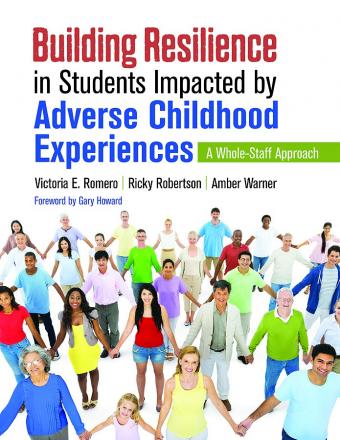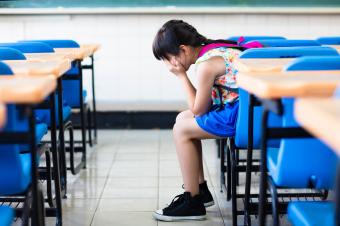Maltreatment/Bullying
Children are expected to be loved, nurtured and protected. Instead one in four children with disabilities will experience maltreatment, i.e., physical, sexual and/or psychological abuse. The maltreatment experience significantly inhibits the children’s learning, language, behavior, social and academic performance. In recognition of this reality, CEC has recently established the policy that educational professionals must not only recognize and report, but also prevent and respond to the maltreatment of their students. As a result, professionals must now learn how to give their students the knowledge, skills and resources they need to recognize, avoid and when necessary, respond to maltreatment.
If you have questions about maltreatment or best practices in this area, please contact CEC to be put in touch with a subject matter expert in this field.
Teaching Self-Protection to Students With Disabilities
Comparative Study of Bullying Victimization Among Students in General and Special Education
Exploring the Involvement of Bullying Among Students With Disabilities Over Time
Investigation of Transitions in Bullying/Victimization Statuses of Gifted and General Education Students
Suicidality and Intersectionality Among Students Identifying as Nonheterosexual and With a Disability
Effect of Hearing Loss on Peer Victimization in School-Age Children
Maltreatment Profiles of Child Welfare–Involved Children in Special Education: Classification and Behavioral Consequences
Maltreatment Profiles of Child Welfare–Involved Children in Special Education: Classification and Behavioral Consequences
Building Resilience in Students Impacted by Adverse Childhood Experiences

